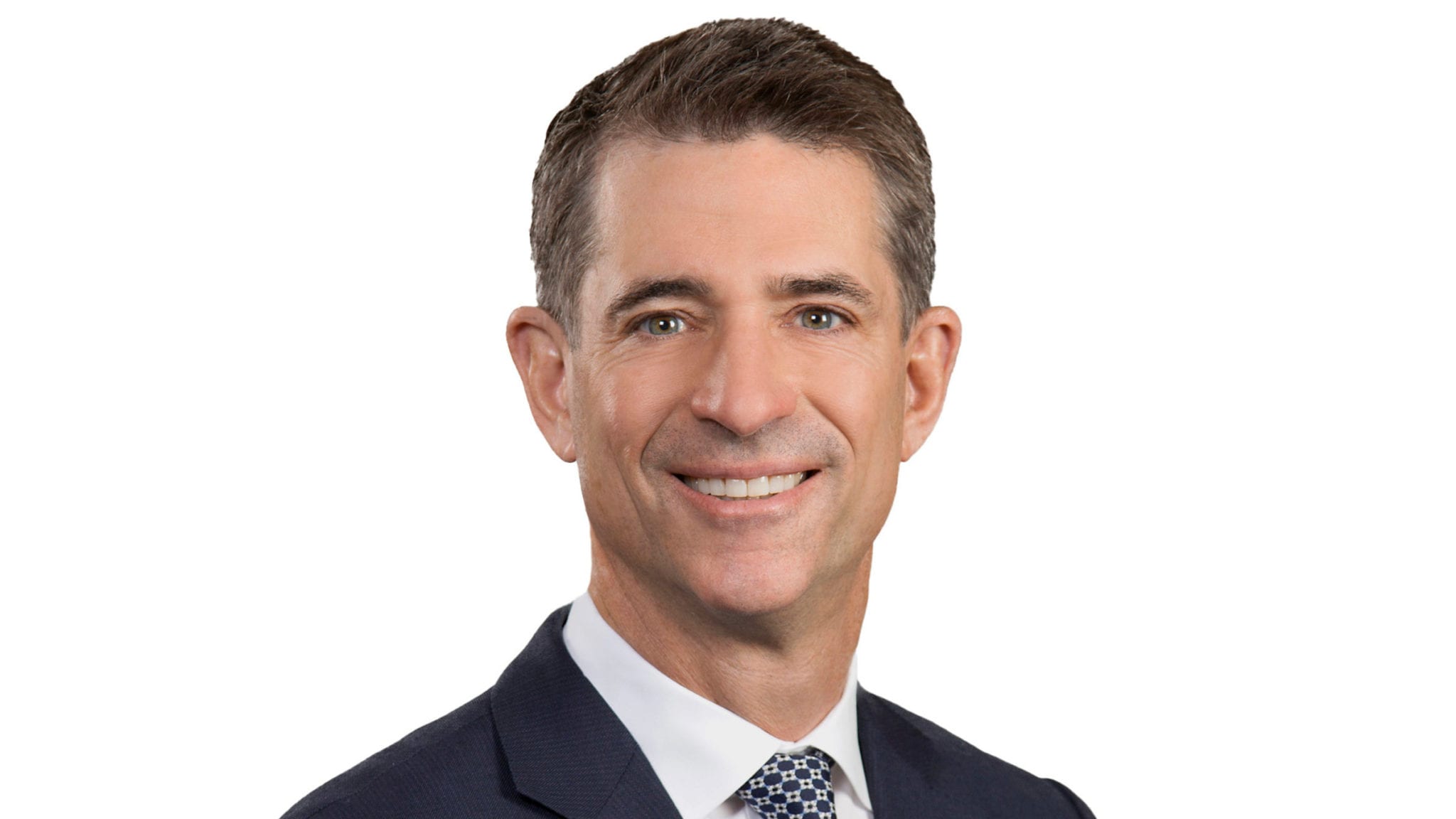
Kevin Conroy (Exact Sciences)
A month after Illumina's big Grail buyout, Exact Sciences scoops up liquid biopsy rival Thrive for a relative bargain
Illumina is going to have a lot of work to do to prove Grail was worth those $8 billion.
Today, Exact Sciences announced that …
Sign up to read this article for free.
Get free access to a limited number of articles, plus choose newsletters to get straight to your inbox.